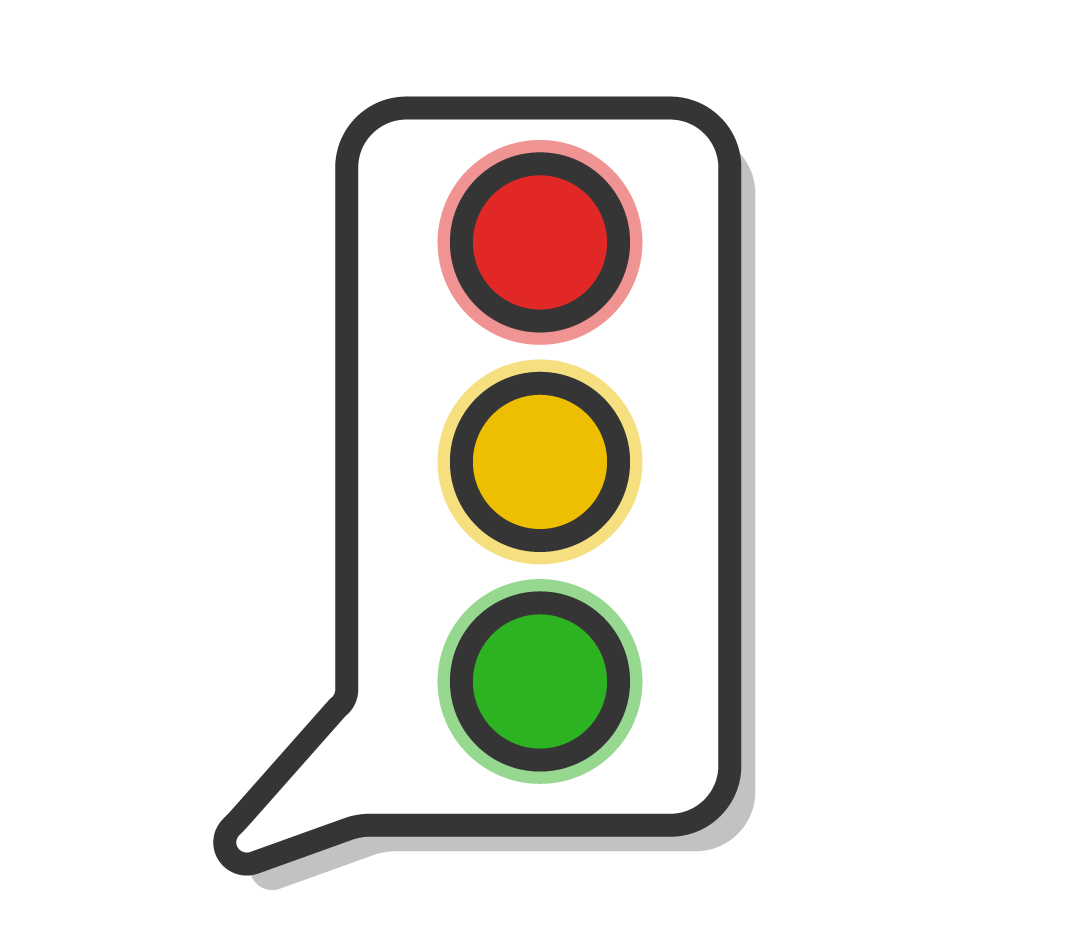You know that feeling? That aimless, dissatisfied feeling? When your brain has run dry, and you can’t put your finger on a thing? (No, it’s not existential dread.)
It’s writer’s block. The empty page.
You don’t have to be a writer to be afflicted by it—creative blocks come in all forms, but they always hit with that sinking feeling: I’ve got nothing. Take it with love when I say: snap out of it! Switch gears. Close the tab. Longer stares don’t bring better ideas.
If runners have to stretch before a big race, you too should activate your cerebral muscles before jumping into a creative project—or an intellectual project of any kind, for that matter. It’s not that you don’t have the muscles. You’re capable and smart; you have good ideas. But your best ideas will never see the light of day if you aren’t brainstorming, investigating, and intaking.
You have to feed your mind.
As you continue headlong into the new year, this is a great time to start building some healthy habits that can help you avoid that deadlocked feeling the next time a brief needs writing, a case strategy needs strategizing, a delicate email needs sending, or an important presentation needs a little more jazz.
Here are some of the habits I’ve found helpful. Give them a try, and share your tips with us on LinkedIn using #FeedYourCreativity to join the conversation.
Good Output Requires Good Intake
If there’s a silver lining to the abundant amount of media swarming the modern world, it’s the never-ending pool of inspiration it offers. As legal professionals, intellectuals, and really, as people, we learn by absorbing the things around us. We’re shaped by the books and movies we watch as kids, by the podcasts and articles we consume as adults.
Think of your job—be it writer, engineer, or CEO—and consider the content that might inspire you. Consider what might fuel you to do your job, better.
As a writer, I find myself envying well-crafted sentences in the articles I read. I note billboards that stick with me on long road trips. I listen to podcasts about persuasion and brand marketing. Your library of intake doesn’t have to be limited to your discipline, either; in fact, you’d be surprised how a podcast about magical realism sparks ideas about artificial intelligence, or how an article about the ultra-processed American diet could teach you more about syntax than food.
Recently, I’ve gotten into the routine of wading into my workday by playing the New York Times mini games. That may seem silly, but they do a great job of preparing my brain to do ... brain stuff. My gears start turning; my mind, running. Don’t get me wrong: I’m not necessarily incorporating every day’s Wordle into my writing. But I do add each new vocabulary word to my dictionary. Each crossword fact to my collection.
It doesn’t have to be mini games. Have your morning cup of coffee paired with an article or a few pages of a good book. Take something in before you spend a whole day making, exerting, and producing.
Be Generally Attentive
Just like a beloved teacher and bee-enthusiast, Mrs. Doyle, taught me so fervently back in kindergarten, there is immense value in the five senses. They’re the key to detecting and observing what’s going on around us.
Here’s what I remember of that kindergarten lesson plan, or something like it:
Listening is a skill
We listen to around 30,000 words daily, but how much of that do we retain? Being an active listener is a choice. What might you learn if you simply lend an ear to hear it?
Sharpen your listening skills with a book like The Lost Art of Listening.
Looking vs. seeing
The same sort of principle goes for visual inspiration. Some things can’t just be glanced at; they must be seen. Pause throughout your day and intentionally notice why something looks the way it does: a light beam, a noodle, a skyscraper. Take note of how people operate, from their mannerisms to their posture. Let the things you see impact you.
Curiosity isn’t about killing cats
Don’t stop wondering, exploring, and pressing in on your desire to know more. Being curious kindles creativity. Of course we shouldn’t waste essential work hours going down internet rabbit holes, but sometimes it’s good to pull that thread and learn more about something unexpected.
Ask Smart People What They’re Reading
Think of a person around you, in life or work, who you would consider especially smart. Maybe it's your Uncle Stu with his at-home library. Maybe it’s a friend who uses words like “unequivocally” and “capricious.” Whoever it is, go ask them what they read, watch, and listen to.
Get a list (a long list) of books, podcasts, plays, TV shows, songs, movies, short stories—anything! Ask for the things that have resonated with them and go do your homework. It’s likely, even more than likely, that something in their repository will work on you.
Soon, inspiration will seep back in. The dam will break.
The fountain won’t go dry after all.
You’ll return to the keyboard, or the paintbrush, or the pen, and I promise you’ll fill the page.
Graphics for this article were created by Kael Rose.












